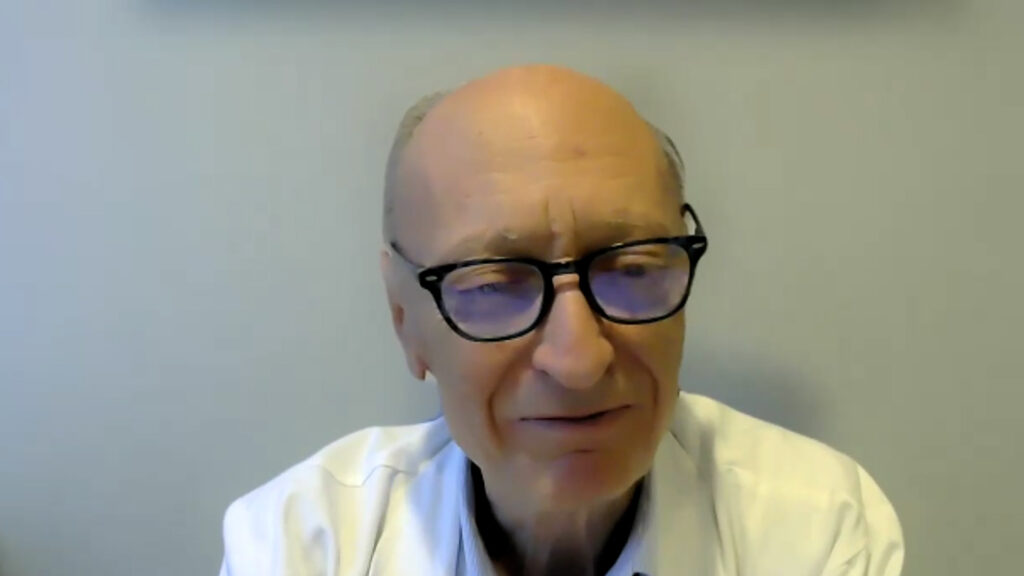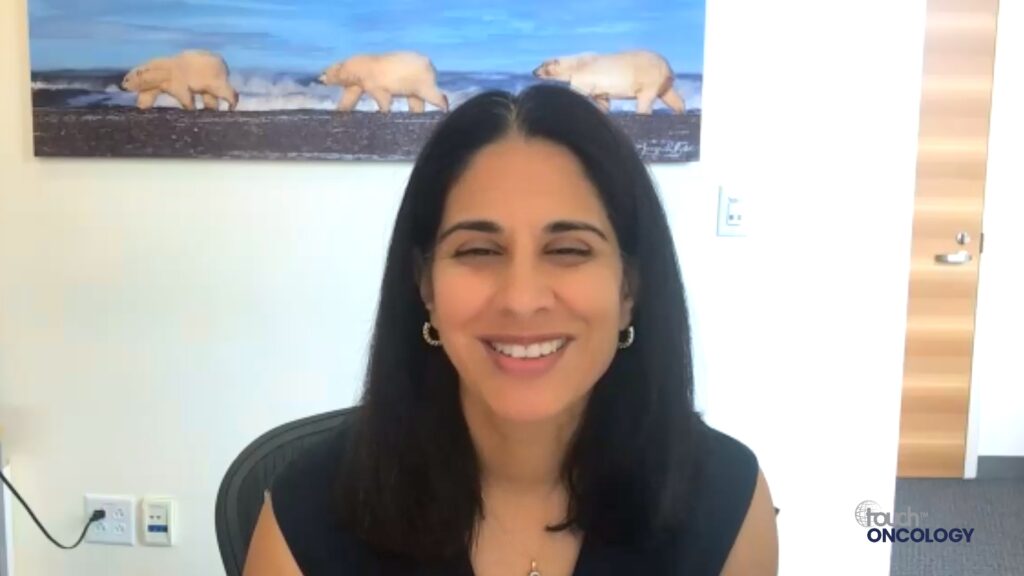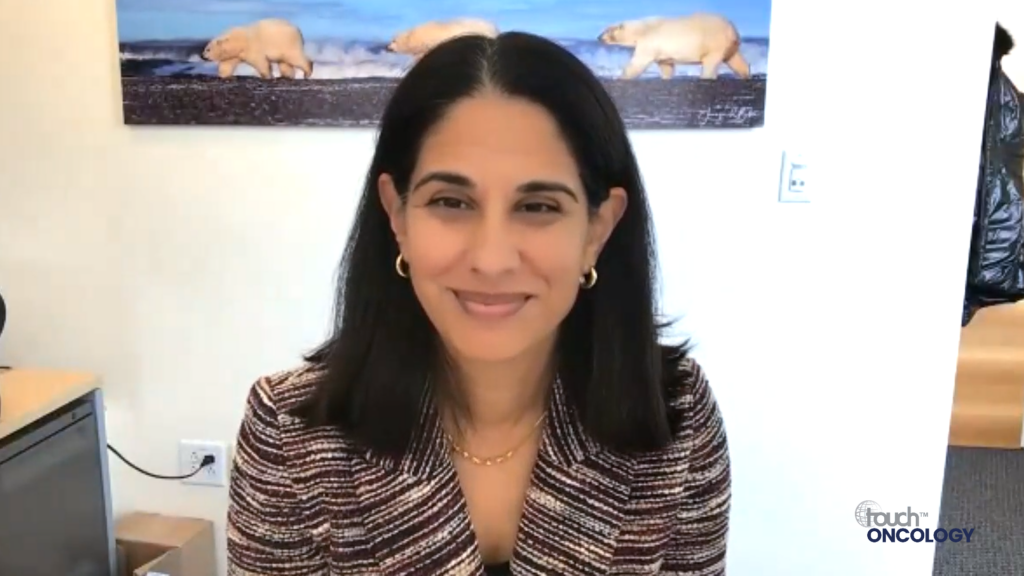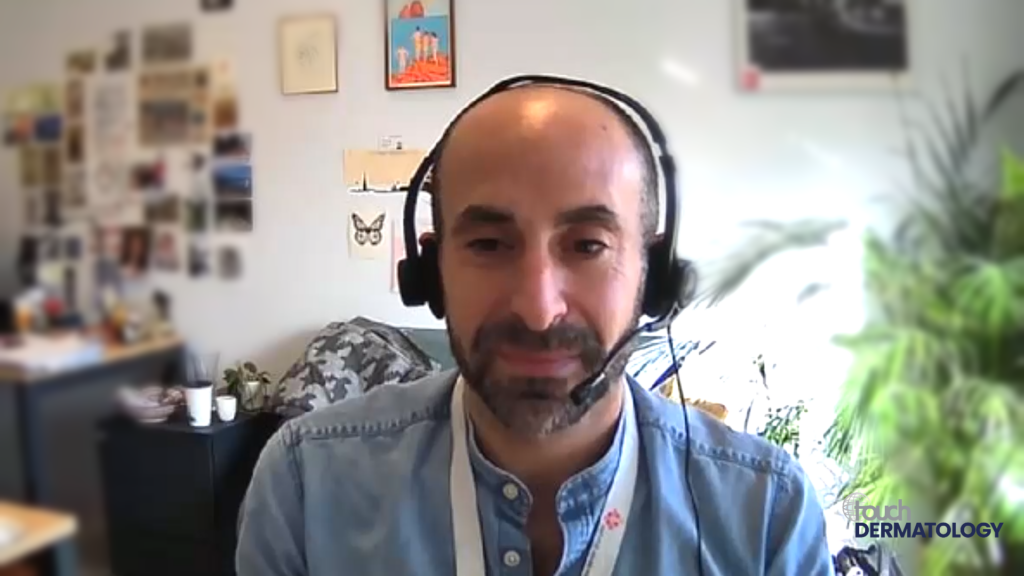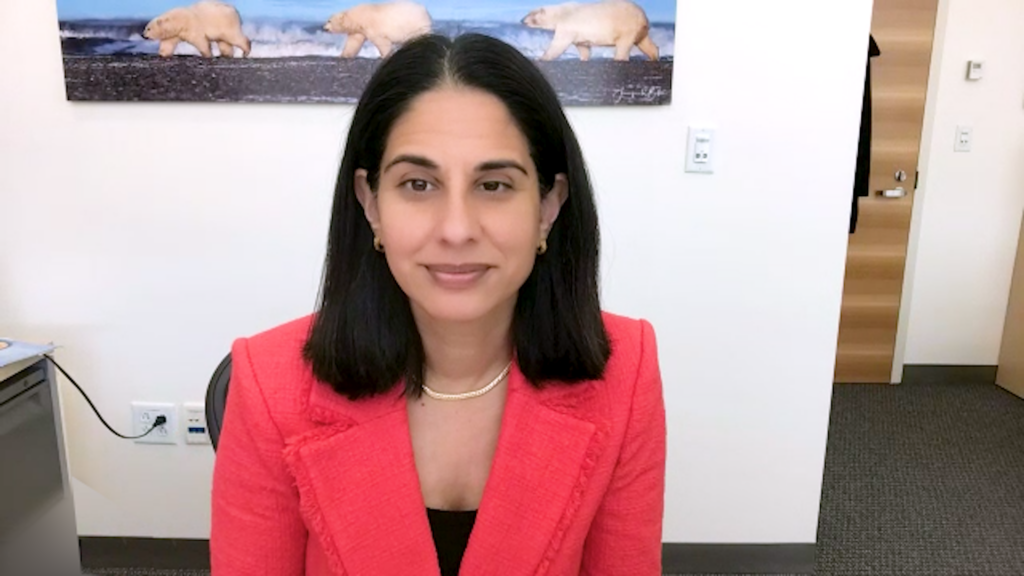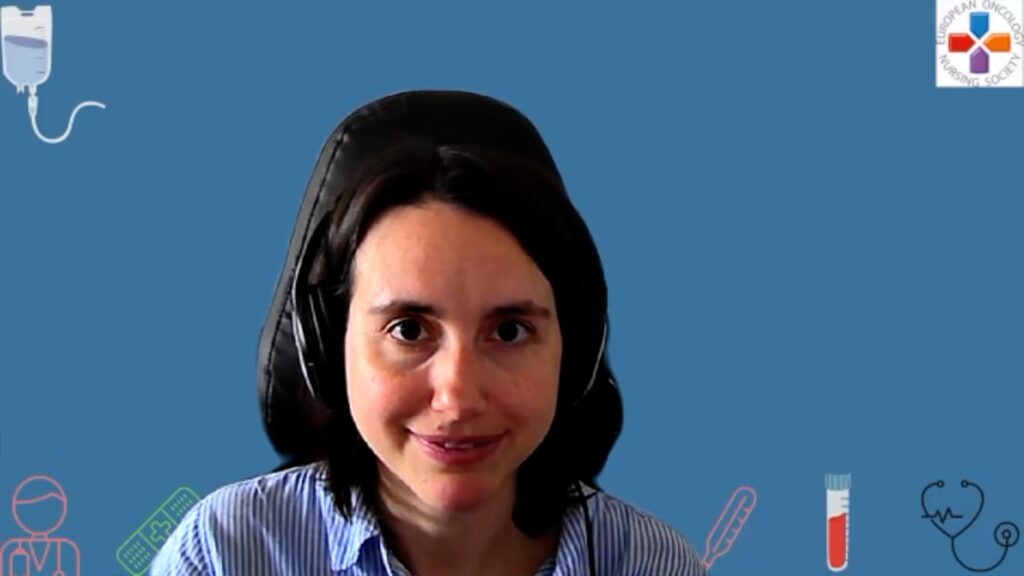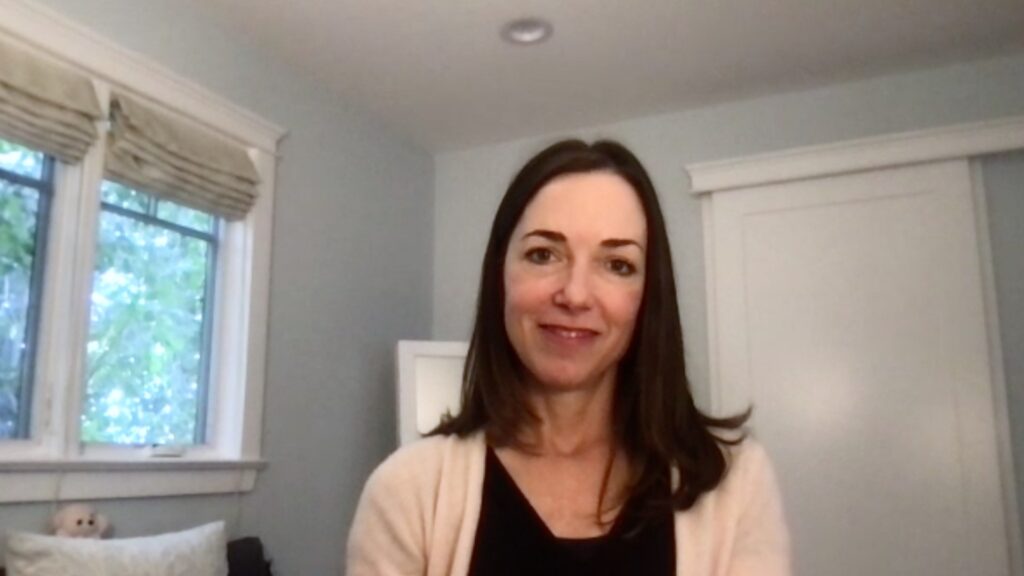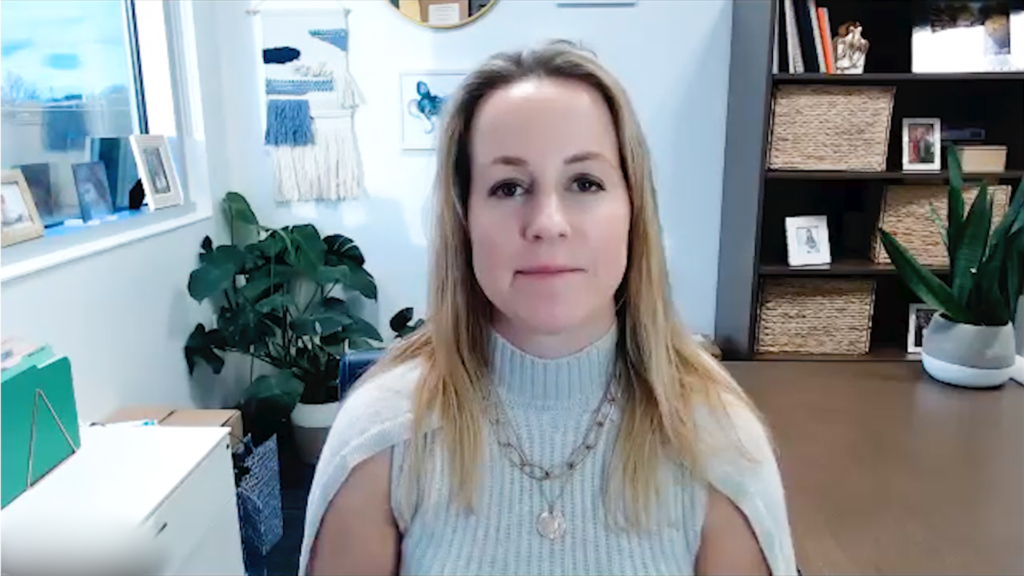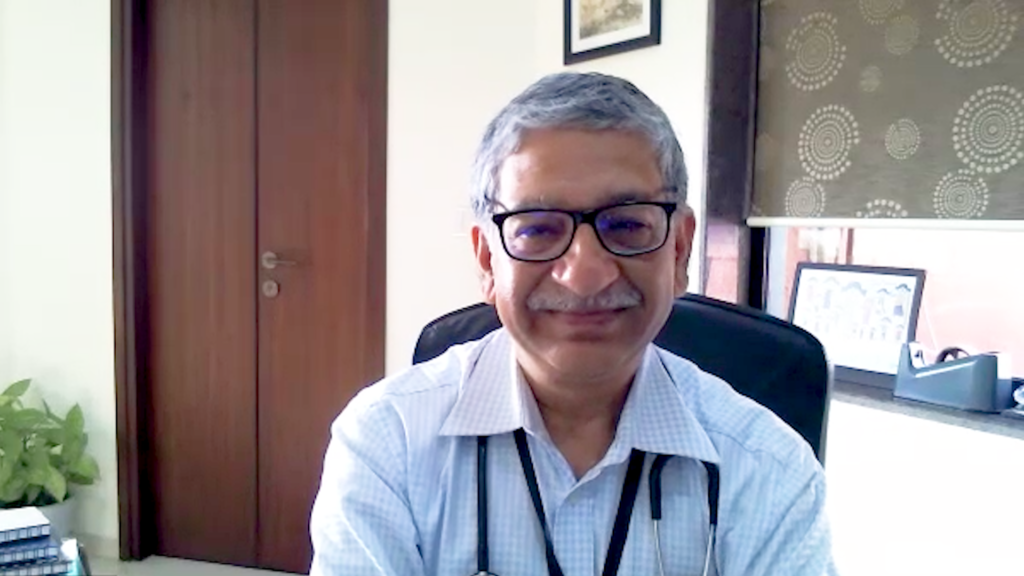A large study that ran from 1993–1995 with adjuvant high-dose chemotherapy and haematopoietic stem cell transplantation in patients with triple-negative breast cancer showed promising results, but lacked long-term data. To address this, a follow-up analysis has been performed. In her interview, Dr Tessa Steenbruggen reviews the results from the original study and what we can learn from this retrospective analysis. The original medical records were reviewed and questionnaires were completed by general practitioners, cardiologists, and oncologists. These data were linked to nationwide registries which resulted in comprehensive 20-year follow-up datasets. The results revealed that there was no incidence of secondary cancers or major cardiovascular events. While there was no significant overall survival benefit in the full study population, there was a significant overall survival benefit in a sub-group analysis, lending to a trend towards better overall survival in patients with triple-negative breast cancer.
Questions:
1. Why have the use of high-dose chemotherapy and hematopoietic stem cell transplantation for the treatment of breast cancer not become the standard of care? (0:11)
2. Could you tell us about the design and rationale behind the original phase III study? (1:10)
3. How were the follow-up data from this phase III study collected? (2:02)
4. Could you tell us a little about the long-term data you are presenting at the ESMO 2018 congress? (2:47)
5. How are these findings likely to impact on clinical practice? (3:44)
Speaker disclosures: Tessa Steenbruggen has nothing to disclose in relation to this interview.
Filmed at the European Society for Medical Oncology (ESMO) 2018 Congress, Munich, Germany, 19–23 October 2018.


